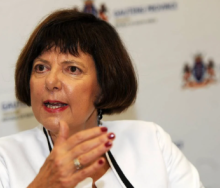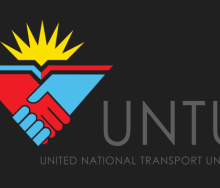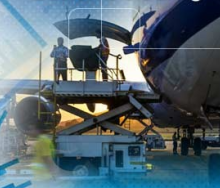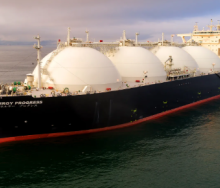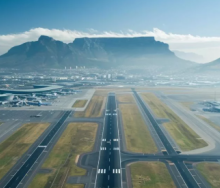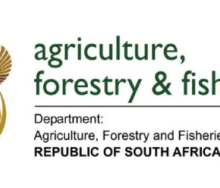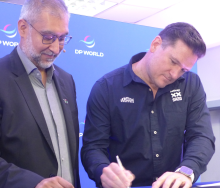Cape Town-based black empowerment shipping company, Marine Bulk Carriers (MBC), has just invested R300 million in a new anchor handling tug and supply vessel, and it is hoped that it will be able to sail under an SA flag and with an SA crew.
But those two hopes are “still very much an act of faith”, according to MBC director, Jan Rabie.
The legislation attracting a shipowner to register a vessel locally is not yet in place, he told FTW.
However, he also pointed out that, within the department of transport (DoT), there was a technical review committee that was supposed to be sorting out such urgent issues – including the proposed tonnage tax as an incentive to shipowners to register their vessels locally.
But Rabie’s act of faith is going to have to be strong, because getting all the relevant legislation amended appropriately is likely to take some time, and overcome some equally strong objections from affected parties.
According to Shepstone & Wylie partner, Shane Dwyer – one of SA’s most knowledgeable authorities on shipping laws – a first step would be to amend the Ship Registration Act.
It was last “significantly amended”, he told FTW, on April 25, 2003 – when it imposed changes on the regime of ship ownership, registration and mortgage in SA, and made the Ship’s Register available to vessels majority owned by SA nationals. It also opened the SA register to bareboat charters inwards.
“This,” said Dwyer, “changed whole face of the thing.” But it still didn’t offer all the benefits that a shipowner would be looking for in local registry of a vessel.
It would effectively allow Rabie to register his tug under the SA flag. What it wouldn’t do, Dwyer added, would be to offer the tax incentives available under other ship’s registers, and that’s a vital consideration when you have R300m committed to a vessel, and then all the running costs once it goes into service.
First there’s the local crewing issue. That would require certain amendments to the Merchant Shipping Act and various sub-acts under it, and the SA Maritime Safety Authority (Samsa) Act. But, Dwyer added, “there would probably be bits of the Labour Act that would come into it as well”.
But all this raises other problems, according to a 2011 DoT SA maritime transport sector study.
“In order to create employment through national shipping, subsidies for crew costs will need to be forthcoming in SA, or the labour unions will need to compromise on remuneration…” it said.
But, it carried on: “It is unlikely that lower remuneration will be acceptable to local seafarers, while subsidies would surely lead to claims from employers in other industries.”
Then there’s the tonnage tax and other tax incentives required to make the SA Ship’s Register competitive.
This, according to Dwyer, would require changes to SA Revenue Service (Sars) legislation, like the Revenue Act.
The present status of this process of designing a tonnage tax in SA, according to the DoT’s 2011 study, is that the tax design unit in the Department of Finance is investigating its implications and the other fiscal measures that would be required to make the package of taxes attractive.
And, the report added: “The unit seems to have a pragmatic view. Since shipping currently yields little or no local tax revenue, the package of taxes to attract local registration and ownership might be set at a nominal (i.e. very low) rate only.”
But Dwyer begged to differ, and felt that Sars would not be too keen to see money escaping its clutches, and that it would require a cabinet order for it to accept such minimal revenue.
The DoT also suggested a final requirement for making local ship’s registration attractive. The Admiralty Jurisdiction Regulation Act, it said, should be amended as soon as possible in order to improve the prospects for mortgaging ships on the SA Ship Register. Especially, it added, since the need for the amendment “was initially identified and advocated in 1993”.
So Rabie’s act of faith, as you can see, will require a considerable amount of tweaking of an imposing number of major acts – and all Dwyer’s “ripple effects” that each change introduces through other acts.
Rabie is however not put off the idea of his R300m tug, and the SA flag is not a critical issue. “If flagging it under the SA flag doesn’t come off in time (the vessel is due to be delivered in 2015) we will simply go to an open register. And we can sail under that flag until they get all their ducks in line.”
And it’s not going to distract MBC from attacking its potential market.
“We’re looking at the offshore oil and gas industry,” said Rabie. “Namibia, which is our base, and Mozambique – where there have been massive oil and gas finds recently – will be our initial focus.
“And, obviously, there is room to build an SA tug into that area of operation.”
* An abridged version of this article appeared in sister print publication, FTW, on June 21.
